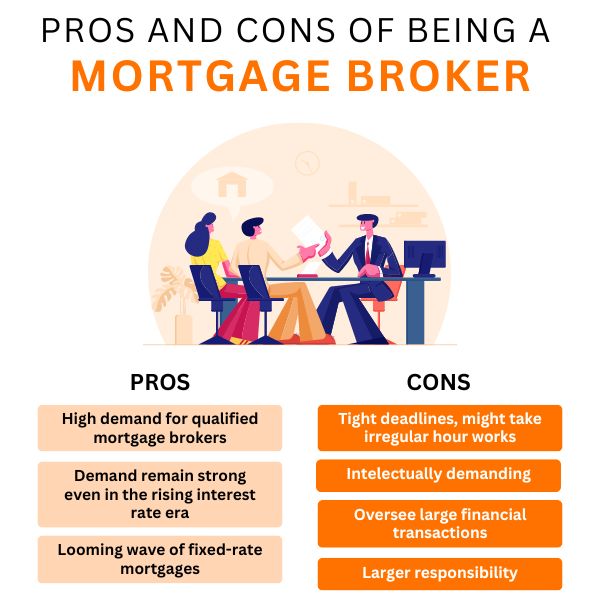Exactly how to Get approved for a Jumbo Loan and Purchase a High-end Home
Exactly how to Get approved for a Jumbo Loan and Purchase a High-end Home
Blog Article
Understanding What a Jumbo Lending Entails and How It Differs From Conventional Car Loans
Navigating the complexities of jumbo lendings reveals a financing alternative customized for those venturing right into high-value property, usually exceeding the limitations set by the Federal Real Estate Money Company. On the other hand, conventional lendings are frequently more accessible, taking advantage of support by entities such as Fannie Mae and Freddie Mac. The considerable risk linked with big fundings necessitates more rigorous certification demands, consisting of greater debt ratings and significant deposits. As these 2 car loan types deal with varying monetary landscapes, comprehending their subtleties is vital for making educated decisions in the complex globe of realty funding. However how do you establish which path ideal fits your economic method?
Interpretation of Jumbo Car Loans
Jumbo lendings are a kind of mortgage that exceed the adapting loan limits set by the Federal Real Estate Money Firm (FHFA) These lendings satisfy debtors that require to fund residential or commercial properties that are a lot more pricey than what standard loan limits allow. The FHFA establishes annual adhering funding restrictions, and any kind of financing surpassing these thresholds is classified as a big loan.
Normally, jumbo fundings are used in high-cost realty markets where home prices dramatically exceed nationwide standards, such as in cosmopolitan locations or luxury real estate markets. As these fundings are not eligible for acquisition by Fannie Mae or Freddie Mac, they lug intrinsic risks for lenders as a result of their larger dimension and non-conformity (jumbo loan). As a result, loan providers frequently enforce a lot more strict qualification requirements for jumbo loans than typical adapting lendings.
Borrowers looking for jumbo fundings must normally demonstrate a strong economic profile, including a greater credit history rating, robust earnings confirmation, and considerable deposit, often 20% or more. In addition, lenders might require more comprehensive documentation to examine the borrower's capability to manage larger month-to-month repayments. Recognizing the specific characteristics of big loans is important for possible borrowers navigating this section of the home loan market.
Standard Loans Summary
While jumbo fundings accommodate high-value property financing, conventional fundings represent the more typical home loan choice in the real estate market. These finances are not guaranteed or ensured by any type of federal government entity, such as the Federal Real Estate Administration (FHA) or the Department of Veterans Affairs (VA) Instead, they are backed by private lenders and comply with standards established by government-sponsored business (GSEs) like Fannie Mae and Freddie Mac.
Traditional finances are generally provided with fixed or adjustable rate of interest and differ in terms of duration, typically spanning 15 to three decades. Consumers usually favor traditional fundings for their predictable monthly settlements, which can assist in long-lasting financial preparation. Furthermore, they are available for key houses, second homes, and financial investment residential or commercial properties, offering flexibility to fulfill varied borrower demands.

Trick Differences Between Finances
At the leading edge of this decision-making process are jumbo loans and standard financings, each having distinctive attributes and serving various debtor needs. Big finances surpass the conforming loan restrictions set by the Federal Housing Financing Agency (FHFA), which differ by region.

Furthermore, the down repayment needs can vary considerably. Big loans usually require larger down payments, in some cases surpassing 20%, to alleviate danger. Traditional finances, alternatively, might enable for reduced down repayments, with some programs accepting as low as 3% for competent buyers.
Qualification Requirements
Securing a big financing entails fulfilling a lot more rigid certification you could check here demands contrasted to traditional finances, showing the enhanced risk to lenders. These financings, which go beyond the adapting funding limits set by the Federal Real Estate Financing Agency (FHFA), are not qualified for acquisition by Freddie Mac or Fannie Mae, thus exposing lending institutions to higher financial threat - jumbo loan. Because of this, borrowers have to show a high creditworthiness and economic stability
A durable credit history, generally 700 or greater, is vital for approval. Lenders additionally expect a reduced debt-to-income (DTI) ratio, usually not surpassing 43%, ensuring that consumers can handle significant regular monthly settlements together with various other monetary commitments. Furthermore, a substantial money get is typically called for, commonly totaling up to 6 months of home loan settlements, to reassure loan providers of the borrower's monetary strength.
Deposit assumptions are additionally elevated, often beginning at 20% or even more of the residential or commercial property's worth. While this is a guard for lenders, it necessitates significant in advance resources from borrowers. Additionally, proof of constant, adequate earnings is crucial, usually verified through income tax return, W-2s, and recent pay stubs. Freelance individuals may need to supply additional documents, such as earnings and loss declarations, to confirm their revenue security.
Choosing the Right Car Loan
Navigating the complexity of big financings calls for mindful consideration when choosing the most ideal financing alternative. With the broader series of alternatives offered to those seeking big fundings, the decision-making process should entail a detailed analysis of one's economic profile and lasting objectives. Unlike conventional loans, big car loans often feature stricter needs and varied rates of interest, which necessitate complete research and a clear understanding of one's economic standing.
When choosing in between different big lending offerings, it is essential to review the car loan terms, consisting of rates of interest, repayment routines, and associated charges. Consumers ought to contrast the rates supplied by various lenders to guarantee they safeguard the most positive terms. Additionally, comprehending the effects of fixed versus variable-rate mortgages (ARMs) is crucial, check this as each choice provides distinctive benefits and dangers depending upon market problems and personal financial methods.
Involving with a financial advisor or home loan broker can supply beneficial insights tailored to private scenarios. These specialists can assist in navigating the nuances of jumbo finances, making certain that borrowers are knowledgeable and furnished to choose a financing that aligns with their financial objectives, eventually assisting in a smoother home-buying procedure.
Final Thought
In summary, jumbo finances work as a financial tool for getting high-value homes, requiring rigid eligibility demands and higher rate of interest due to the elevated risk for loan providers. Unlike standard financings, which comply with FHFA restrictions and might obtain backing from Fannie Mae or Freddie Mac, jumbo loans need a minimum credit rating score of 700 and considerable deposits. Understanding these distinctions is crucial for consumers in high-cost realty markets to figure out one of the most appropriate car loan alternative pop over to these guys for their demands.
The FHFA develops annual adapting car loan restrictions, and any type of lending going beyond these limits is classified as a big finance.
At the leading edge of this decision-making process are traditional loans and big car loans, each having unique characteristics and offering different debtor needs.Protecting a jumbo finance involves fulfilling more rigid qualification needs compared to traditional loans, showing the increased danger to lending institutions. Unlike conventional financings, jumbo finances frequently come with more stringent requirements and differed passion rates, which require detailed research and a clear understanding of one's monetary standing.
Unlike standard car loans, which adapt to FHFA limits and may get support from Fannie Mae or Freddie Mac, jumbo fundings call for a minimum credit score of 700 and considerable down payments.
Report this page